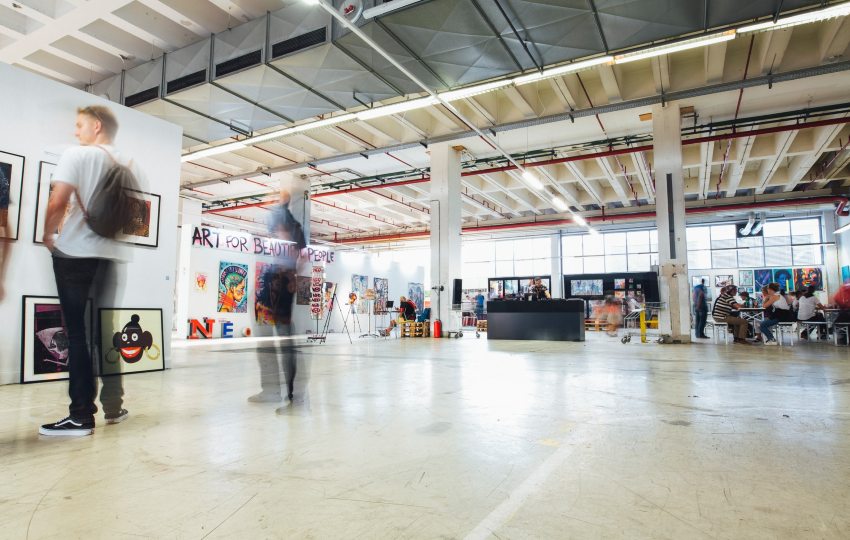Culture and creative industries (CCI) are critical for encouraging smart, sustainable, and inclusive growth, which has several advantages for regions and inhabitants. However, success in unlocking the CCI’s exceptional potential has not been dispersed fairly among European areas, resulting in a two-speed Europe with the greatest performers and laggards.
Given the benefits that laggard regions are missing, it is critical to educate and involve politicians and cultural communities in talks about the potential and future of the cultural and creative sectors.
As a result, tangible steps by local, regional, and national authorities are required to create and implement strategic actions to support cultural development in order to capitalize on its enormous spillover effects on the larger economy. The numerous EU assistance programs or structural funding aimed at the cultural and creative sectors might help.
The contribution of the cultural and creative industries to the economy
The importance of the cultural and creative sectors to society was briefly stated above. To put this in context, the culture and creative industries accounted for 3.8 percent of EU GDP in 2018 and employed over 8.7 million people. When compared to prior numbers from 2004, the number of employed individuals in the CCI has nearly doubled (4.714), while GDP contribution has climbed from 2.6 percent to 4.7 percent. This expanding trend demonstrates the sector’s potential and relevance to national economies.
If these figures appear low, keep in mind that this is simply one image from the entire frame. The impact of CCI on creativity and productivity, education, social innovation and well-being, tourism and branding, regional development, and environmental sustainability is vital but frequently difficult to quantify.
The opportunity
Now is the ideal time to make up for all the pandemic’s consequences, and policymakers’ engagement is required. It is a time when we require immediate action. This sense of urgency reflects the will and the necessity to make tangible efforts to promote the CCI and achieve the regions’ cultural convergence. Not in terms of cultural uniformity, but in closing the two-speed Europe divide in cultural initiative uptake. Given CCI’s contribution to the economy and society, as well as its many spillover effects, culture has the potential to re-ignite regional and national economies.
Our plan to engage policymakers
Due to the fact that culture’s impact on the economy is indirect and hence difficult to quantify, policymakers frequently overlook it.
Nevertheless, that’s what we are trying to overturn in the Social and Creative Project of Interreg. Especially in our next project’s scheduled event that will soon take place in Larisa.
There, we will attempt to bring politicians and cultural stakeholders together for a higher impact. We believe that this will be critical in achieving a bottom-up and peer-to-peer policy mainstreaming that can bring As a result, our next scheduled event will attempt to alter this scenario by bringing politicians and cultural stakeholders together.
We believe this will be critical in achieving bottom-up and peer-to-peer policy mainstreaming that can bring culture’s significance to the forefront, intertwine it with regional economies, and share best practices among policymakers from different regions to spark the new cultural renaissance.

